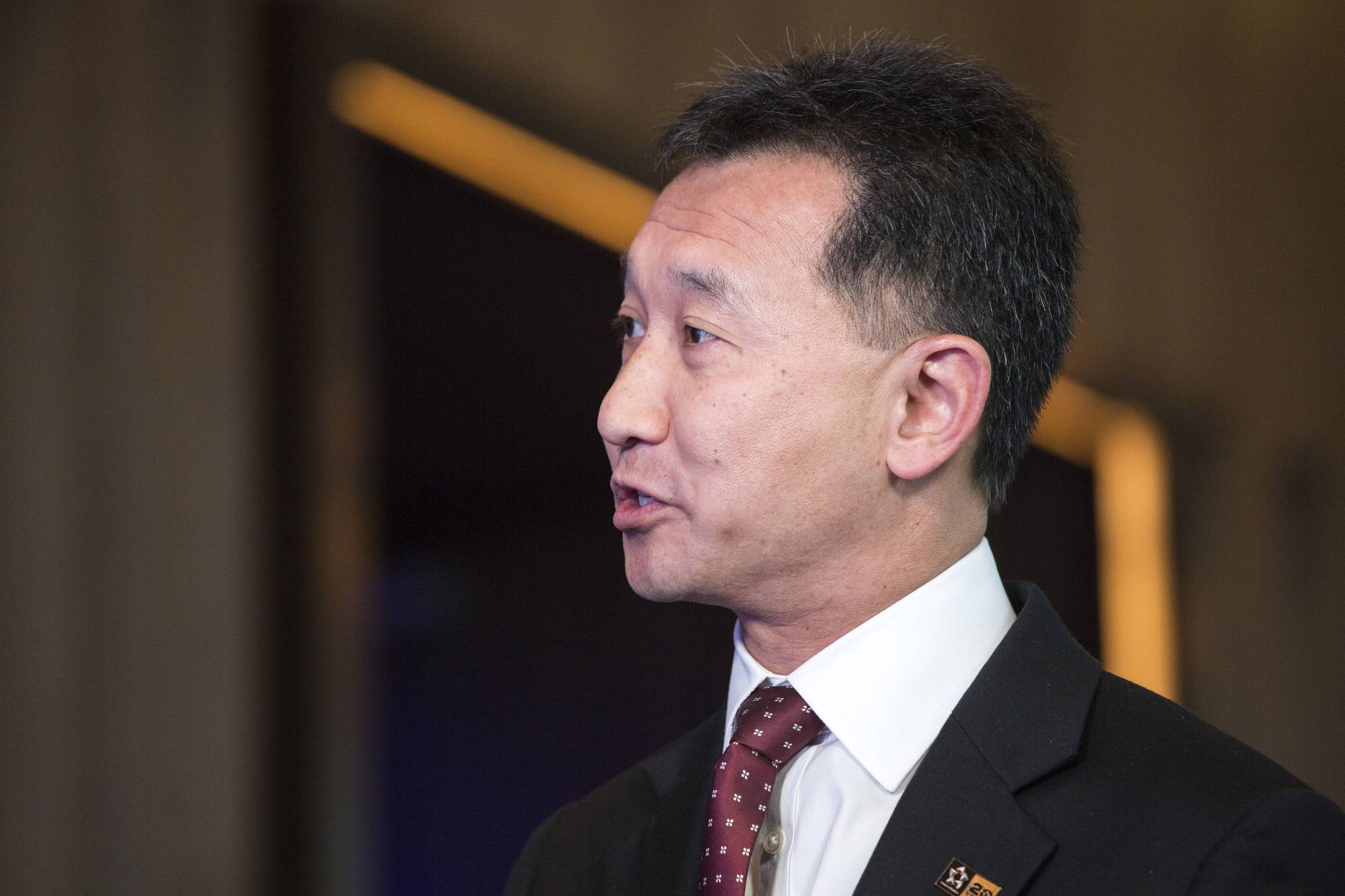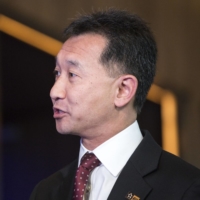Vaccine passports will probably become redundant as more people are inoculated against COVID-19, and efforts to create a common standard are stymied by differing entry requirements, the head of the world’s biggest airline alliance said.
"There’s no way that this has been integrated in one place,” Star Alliance Chief Executive Officer Jeffrey Goh said in an interview in Singapore. "If you look to the future, if we were all vaccinated, or if we were all 90% vaccinated, why would you get a vaccination certificate? There will come to a point where maybe you don’t really need this.”
Efforts to create a vaccine passport to make travel easier have faced challenges because governments initially didn’t recognize some vaccines, Goh said. Airlines and governments also use many different technology platforms, making it difficult to find a common standard, he said.
Governments have been working to create a unified policy that will ease travel for vaccinated people. Airlines have supported a number of tech solutions to verify passengers’ vaccine status or testing results, such as the IATA Travel Pass app by the International Air Transport Association.
With travel starting to show signs of revival, the immediate concern is that people may take longer to check in because a lot of documents are needed, putting strain on airport infrastructure, Goh said.
Leisure will lead the recovery in travel and could reach a comparable level to that seen in 2019 probably in late 2023 or early 2024, Goh said. There is a possibility that business travel may see some structural change because companies are trying to keep costs down and reduce their carbon footprint, he said.


















With your current subscription plan you can comment on stories. However, before writing your first comment, please create a display name in the Profile section of your subscriber account page.